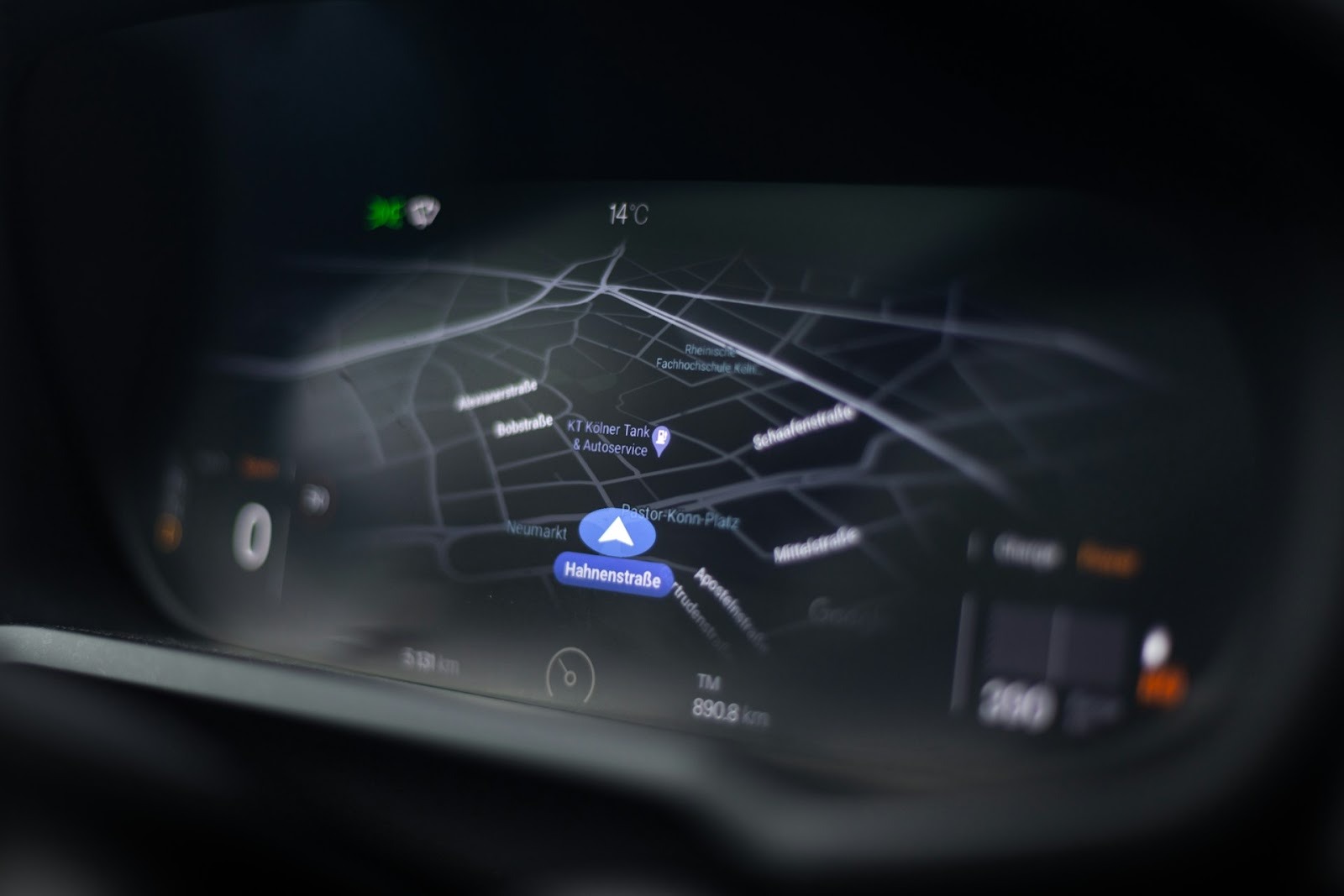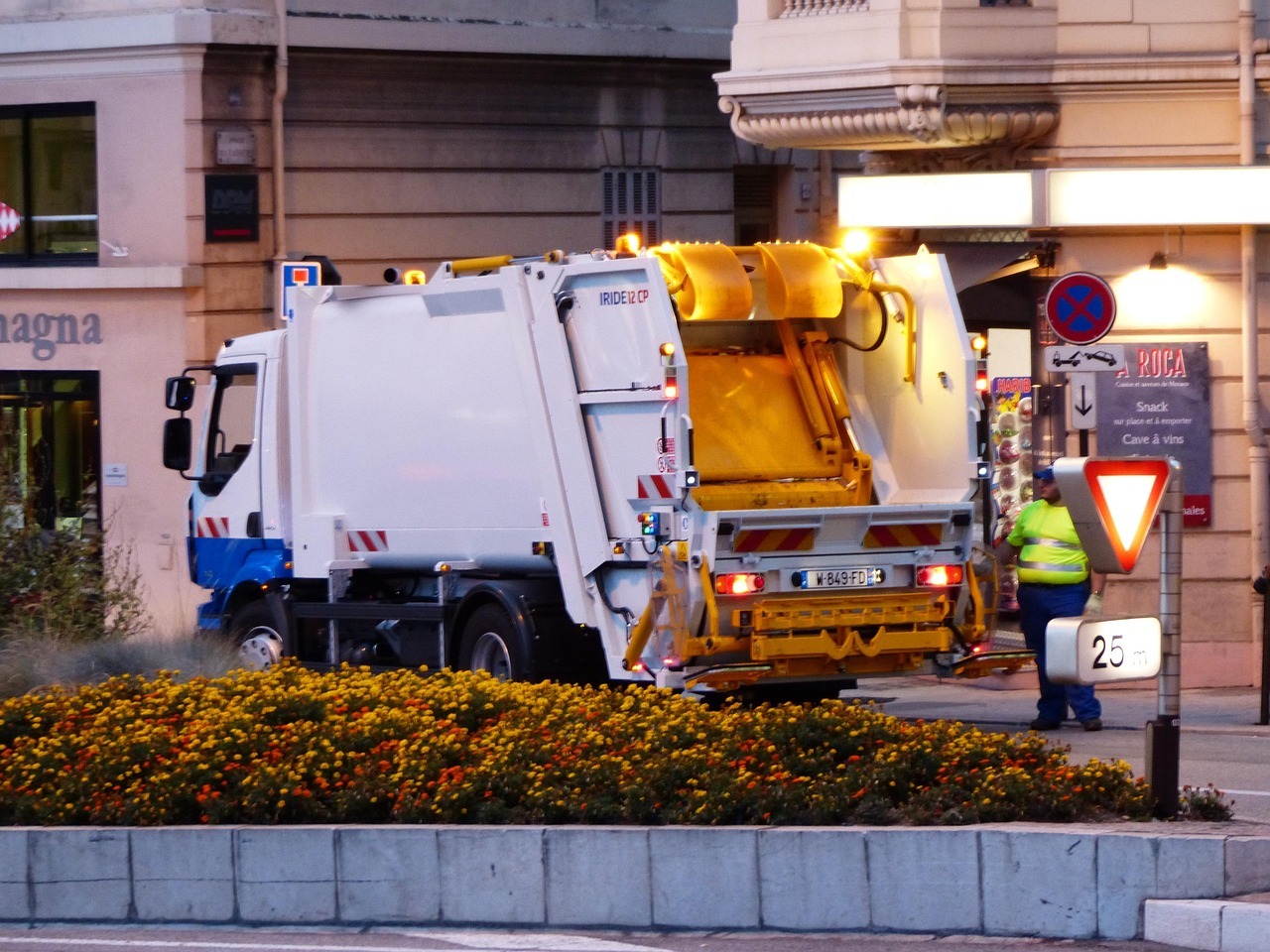As anyone in the industry knows, a lot more goes into waste management than simply collecting garbage. Routes, schedules, vehicles, and drivers all play a role in daily operations.
But even experienced professionals might not realize how much optimizing garbage truck routes can improve their operations. Well-designed routes help trucks complete more stops in less time while reducing unnecessary mileage.
In this article, we’ll look at what route optimization is and how it helps solve the biggest challenges in the waste management industry. Keep reading to find out how you can maximize your routing efficiencies while minimizing wasted time with routing software.
Route optimization is the process of planning garbage truck routes in the fastest and most cost-effective way possible. It focuses on reducing drive time, improving fuel efficiency, and minimizing unnecessary mileage.
Route optimization is a subcategory of route planning, but it goes beyond simply mapping a path. Instead of relying on existing routes, it evaluates multiple factors to find the most efficient route for each truck.
Dispatchers are responsible for deciding which trucks go where and how many stops each vehicle completes. As fleets grow, this becomes harder to manage manually.
Route optimization technology helps dispatchers build efficient routes using real-world data. Instead of relying on static routes or planning routes manually with pen and paper, the software identifies better routing options automatically. This makes the process much easier and faster.
With a route optimization system, dispatchers can plan, modify, and update routes in just a few minutes rather than several hours. Without it, waste collection operations face higher costs, lower efficiency, and greater environmental impact.
When it comes to route optimization, what problems does it solve? Let’s look at some of the biggest challenges that occur with waste collection routes.
The larger the area you cover and the more vehicles you have, the harder it will be to track all of your routes. While you can certainly manage to get the job done, it’s difficult to consider the different variables that go into routing, e.g., if routes overlap or if vehicles are going through the same area multiple times.
Your focus needs to be on running your business and providing high-quality customer service. So you can’t be spending hours each week trying to determine the best route for each truck, especially as new customers sign up, which will require frequent route changes.
In summary, a lot of time and money can be wasted on inefficient routing.
One challenge in fleet management and route planning is that traffic is not always consistent or predictable. A route is going to look very different on a Monday at 10:00 a.m. versus 5:00 p.m. This means that you can’t rely on static routes because they don’t account for real-time traffic data.
It’s important to have a flexible route plan that can accommodate unexpected issues.
One of the biggest issues in waste collection is the fuel consumption that occurs when routes are inefficient and drivers have to circle around or even double back to check off all their stops.
Coupled with traffic issues, it results in a lot more idling time, which is a significant contributor to fuel consumption for garbage trucks. Garbage trucks are already not particularly fuel-efficient, so inefficient use means more time and money spent filling up at fueling stations.
The more trucks you have and the more distance they cover, the higher your maintenance costs will be. This is especially true because of the start-stop nature of garbage trucks that puts a strain on the vehicle.
You also have to keep track of when each vehicle was last serviced and when it’s due for maintenance. It can be hard to manage this information amongst everything else, and then you have to work out how to adjust your routes while that vehicle is out for maintenance.
Inefficient routes also have a direct impact on truck drivers. Long hours are not optimal working conditions, so being able to streamline routes greatly reduces driver fatigue.
Waste managers are under more and more pressure to reduce emissions and their environmental impact. However, poor route planning directly increases fuel consumption and carbon output.
Routing inefficiencies also make it harder to achieve municipal and corporate environmental goals without investment in real-time data and dynamic planning tools.

Luckily, there is a solution that deals with all of these problems and makes route optimization for garbage trucks easy. Waste management routing software, like Basestation, comes with a wide array of features designed to solve common problems faced by waste management companies.
One of the advantages of waste management routing software is that you can build a planned route and then make changes to that route in real-time.
Without this software, you’d have to manually plan routes or use a separate GPS. Then it can be very hard to communicate with drivers once they are out in the field, or even to know where they are.
With Basestation, you can quickly and efficiently design routes and adapt them in real-time. Using Basestation’s Driver App, which can be installed on a tablet or smartphone (iOS and Android), it’s easy to keep in touch with drivers and communicate information. Dispatchers also receive real-time notifications on the status of each route and if any issues have occurred.
No matter how well you plan, dispatchers can’t control every variable, and unexpected events will ultimately occur. With routing software, you can streamline your routing process to ensure the best routes are created but also respond to issues as they arise.
One of the biggest advantages of software for route optimization is that you can maximize the coverage of your fleet while minimizing operating costs and time. This will help reduce maintenance and fuel costs (thereby increasing profitability) in addition to driver fatigue.
It’s also important to consider the environmental benefits of having optimized routes, as it can reduce the unnecessary operating time of a vehicle. This means your trucks will produce fewer carbon emissions, ensuring compliance with the Environmental Protection Agency’s regulations for commercial vehicles.
Another benefit of waste management routing software, like Basestation, is that it includes a billing module that ensures customers are billed in a timely manner. This is especially important if haulers need to charge customers for extra services, such as extra pick ups or overloaded containers.
Drivers can log this information in the app in real time (accompanied by photos), which then gets communicated to the office so the charges can be properly applied to the customer’s account.
Having a billing system integrated with your routing system can save hours spent billing, invoicing, and reconciling data.
With automated inventory tracking, you’ll know exactly where your assets are at all times, in real-time. For example, a dispatcher can look at a map to see where a driver is scheduled to go for the day, and then see if there are any other customers with a container in that area that need servicing.
By having route optimization software in place, the dispatcher can get this information in real time and make immediate changes to the driver’s route, thereby optimizing the route and saving a trip back to that same location at a later date.
With global waste volumes rising, projected to reach 3.8 billion tonnes by 2050, making every collection mile count is essential.
Route optimization helps waste management companies reduce costs, improve service reliability, and lower environmental impact. Below are the key benefits most organizations experience:
The first major benefit of route optimization is time savings. The faster trucks can complete their routes, the lower your operational costs will be, such as “wear and tear” on your trucks (i.e. repair and maintenance cost) or fueling needs.
Optimized routes also support better resource allocation across vehicles, drivers, and service areas, making sure your operations run as efficiently as possible.
By designing the ideal route, trucks can also fit more stops along their route to gain greater coverage – otherwise known as route density. Route density is a major way for haulers to increase the profitability on their routes as more customers can be serviced along that same route.
Waste collection route optimization can lead to an increase in customer satisfaction. Better planning reduces missed pickups and repeat trips. Garbage can be collected in a timely and predictable manner.
Route optimization tools allow dispatchers to quickly plan routes and adjust them as needed based on live conditions such as traffic.
Drivers receive automatic route updates directly in their app. This reduces wasted time going back and forth between dispatchers and drivers and ensures everyone is always on the same page.
Fewer miles driven means lower carbon output, which can help your business meet sustainability goals. Some reports show that efficient waste collection routes can result in up to 19% fewer CO₂ emissions.

When deciding on the right route optimization software for your business, focus on solutions designed to handle the realities of waste collection. Key factors to consider include:
There are a lot of challenges that waste collection companies face when designing and maintaining efficient garbage truck routes. However, implementing route optimization software can make a huge difference to your company’s operations by saving you time and money.
If you’re looking for ways to improve routing efficiencies for your waste management business, book a demo with Basestation to see how our all-in-one software solution, specifically designed for waste haulers, can help streamline your operations.